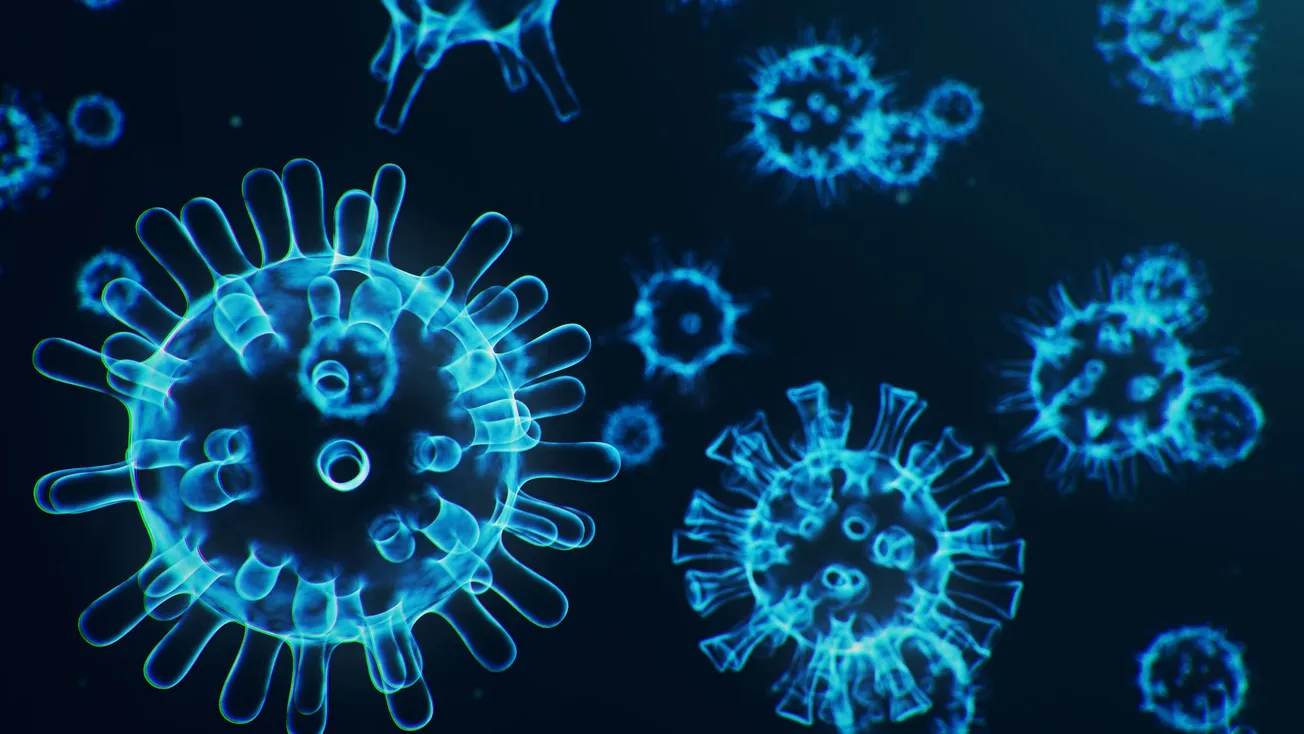Table of Contents
Many commentators have observed that the public health, social and economic havoc wreaked by the Xi Plague are a sneak preview of the kind of world we could expect should Extinction Rebellion and Greta Thunberg have their way. But the COVID-19 world has something else in common with climate alarmism: bad science.
As Theodore Dalrymple writes, most people, even many scientists, hold a very naive understanding of science. Not just lay people and ignorant journalists, but even science communicators like Neil de Grasse Tyson promote a utopian vision of science as a pure, disinterested discipline.
This is, to put it bluntly, bullshit. Scientists are people, subject to exactly the same passions and vices as a politician, businessman or the bloke down the pub. Richard Dawkins can reel off his anecdote about a distinguished professor who was delighted to be proved wrong – but the only reason Dawkins remembers that moment is because it was so exceptional.
BFD readers will already be familiar with the bad science that has driven panicked politicians to impose stringent lockdowns. Not only was the computer modelling behind lockdowns little more than garbage, but subsequent analyses are showing that lockdowns have had little to no effect. Or may even be making things worse.
But the bad science doesn’t stop there.
Since the beginning of the Covid-19 epidemic, I have observed a syndrome emerging in scientific research, namely publication of hopeful findings before there is any real evidence that the hope is well- or properly founded. One or other of the hopes may be justified in the end, but the syndrome is not in itself harmless if it raises false hopes, puts additional pressure on politicians, and leads to a misdirection of financial and other resources.
Starting the trend was Professor Didier Raoult, of Marseille, for whom in other respects I have admiration, with his insistence that hydroxychloroquine, especially in combination with azithromycin, was virtually curative of Covid-19 disease. He has provided nothing like proper evidence that this is so[…]Despite the lack of evidence, countries have stocked up on the drug, and a public demand for its use has been created in advance of the requisite proof.
The legacy media have taken great delight in hammering President Trump for touting hydroxychloroquine. But Trump is a layman who is letting himself be “guided by science” – it’s just that he latched onto a different science than that approved by the legacy media (who almost certainly only disapproved of that science in reflexive reaction to Trump). At the very least, Trump’s support for hydroxychloroquine “as a potential game-changer” (a qualification few in the legacy media bother to report) has done far less harm than the similarly un-scientific support for lockdowns.
The legacy media’s sudden mania for masks is another instance of bad science (there is no evidence to support “masks for all”). Even supposedly scientific publications have touted masks in blatant disregard for evidence. The gullibility of the science media doesn’t stop there, though.
Then there was remdesivir. A paper was published in the New England Journal of Medicine that must rank as one of the most lamentable and irresponsible in recent years, and the competition is stiff[…]
More recently, with attendant publicity, the Journal of the American College of Cardiology published a paper purporting to demonstrate that anticoagulation may be of use in patients with severe Covid-19 disease[…]but the paper showed no such thing, if anything the reverse[…]Papers as bad as this are a public menace.
Never forget, either, that The Lancet peer-reviewed and published the Wakefield study.
The history of medicine is replete with this kind of thinking, that it is always better to do something, even if harmful, than to do nothing. This is not the case[…]
We are not entitled to say that because fifty people took treatment x and recovered, they recovered because they took treatment x. Unless we know what would have happened to them anyway, we are entitled to say nothing of the kind[…]It is unfortunate, and far from harmless, that so much junk science has obtained so much publicity.
We’ve had enough junk science dragging down the whole discipline with climate change alarmism. Science is in crisis. Panicked garbage surrounding the Xi Plague is just deepening the crisis.
If you enjoyed this BFD article please consider sharing it with your friends.









